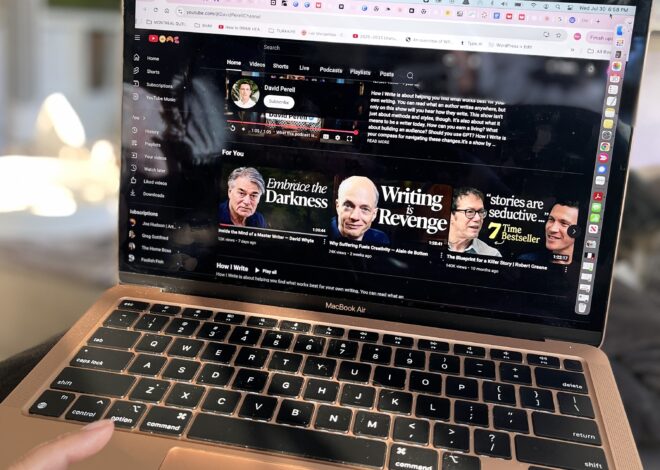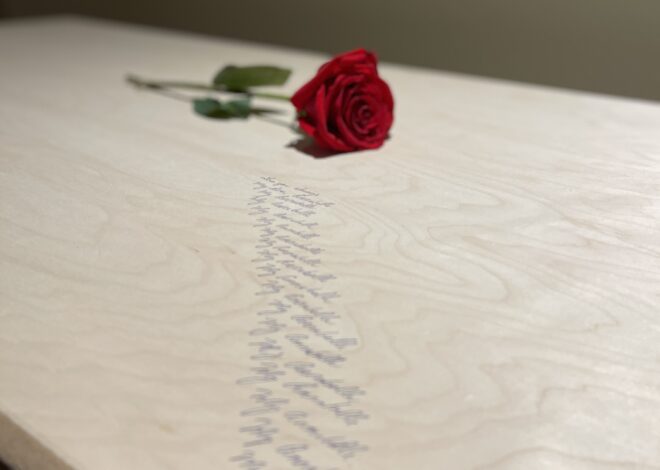
When Confidence Triggers: What Your Reactions Reveal About Your Hidden Self
Have you ever felt an instant irritation toward someone’s confidence? Not arrogance, just a natural ease?
There’s always someone who speaks up in meetings without hesitation, sets boundaries without lengthy explanations, and takes up space as if they belong.
And something inside you reacts.
You might tell yourself they’re “too much” or “full of themselves.” But what if that reaction isn’t really about them? What if it’s your own buried self knocking on the door, asking to come home?
The Mirror Effect: When Confidence Feels Threatening
Maybe you’ve noticed how certain people seem effortlessly confident.
They take up space without apology, speak clearly without over-explaining, say no without guilt, or yes without disclaimers. Your body tightens. A flicker of judgment rises: Who do they think they are?
But what if that judgment is not about them at all?
What if it’s a mirror reflecting something inside you?
Imagine you’re in a coffee shop and overhear someone at the next table sending back their order with calm certainty. No apologies, no rambling – just a clear, “This isn’t what I ordered.”
Your stomach tightens with that familiar feeling.
But here’s the truth: that tightness isn’t about them. It’s about you.
The Psychology Behind the Trigger
When something in another person bothers us intensely, we’re often seeing a disowned part of ourselves. In psychology, this is called projection. We cast out what we’ve learned to reject in ourselves, then react to it when we see it in others.
That person’s confidence? It might be mirroring the confidence you once had before you learned it wasn’t safe.
The uncomfortable truth: Sometimes what we call “judgment” is actually envy we can’t admit to ourselves.
My Story: From Silence to Voice
For most of my life, I lived in the shadow of my own potential.
Growing up, dinner tables were silent affairs. Speaking up meant disapproval. Drawing attention meant trouble. So I learned the art of making myself small, agreeable, invisible.
I became an expert at shrinking.
But something shifted in my early thirties. I had moved to Vancouver at 19, but it wasn’t until over a decade later that the real change began. When I met Zac, I chose a partner who actually wanted to hear what I had to say. He encouraged me to take acting classes, voice lessons, to explore who I was beyond being “easy-going.”
Slowly, I began to reclaim what I’d buried.
Communication in the Workplace
The change showed up in subtle ways at work. When someone asked me to take on extra projects, I stopped automatically saying yes. Instead, I’d pause and ask:
“When do you need this by?” “What’s the priority level?” “Let me check my capacity and get back to you.”
I wasn’t rude. I wasn’t aggressive. I was simply present.
And I could feel it. That flicker in people’s eyes. Sometimes surprise. Sometimes discomfort. Occasionally admiration. And yes, sometimes that quiet resentment I knew all too well.
I had become the mirror.
When You Stop Shrinking (And Others Notice)
The more whole you become, the more likely you are to stir something in others, especially those who’ve had to silence that same part in themselves.
Your voice reminds them of their muteness. Your boundaries awaken their buried longing to say no. Your ease highlights their anxiety.
This is not your fault. And it’s not your responsibility to fix.
You Don’t Need to Apologize for Taking Up Space
Here’s what I wish someone had told me earlier: You don’t need to make yourself smaller so others can stay comfortable in their familiar discomfort.
Instead, you can:
- Stay soft and clear
- Allow their reaction without taking it personally
- Remain centered in yourself while being the mirror
Where I Am Now: Sitting with the Questions
These days, I find myself in a different relationship with these triggers. When I feel that familiar irritation rising, or when I sense someone bristling at my presence, I’m learning to get curious rather than defensive.
I’m sitting with questions like:
About my own reactions:
- What do I still believe about confident people?
- What old stories am I carrying about what it means to speak up?
- Where am I still protecting an identity that no longer serves me?
About my growth:
- What part of me is asking to be witnessed?
- Where am I still hiding from myself?
- What would it feel like to stop apologizing for who I am?
The Ongoing Practice
This whole reflection started after watching The Art of Accomplishment podcast video called “Your World Is A Projection.” Brett and Joe dive deep into how our external world mirrors our internal landscape through what they call psychological projection. They explain that what we unconsciously reject or deny in ourselves gets cast outward and becomes something we react to in others. It’s not just about falling in love with our projections, but understanding that these reactions are actually showing us disowned parts of ourselves that are ready to be reclaimed.
What struck me most was their insight about early childhood conditioning. They talk about how our brains absorbed implicit lessons about confidence, speaking up, and taking up space when we were young. These early impressions created “programs” that still guide my adult responses. When I see someone’s ease with boundaries or their unapologetic presence, I’m not just seeing them. I’m seeing through the filter of what I learned was safe or acceptable for me to express.
The video helped me understand that when irritations arise isn’t a character flaw. It’s information. Every trigger is showing me where I’ve gone missing from myself, and more importantly, what’s ready to come home.
This doesn’t mean romanticizing your pain. It means seeing every trigger as information about what’s happening inside you.
Every irritation is a messenger. Every uncomfortable feeling is the beginning of a conversation with the part of myself I’ve forgotten.
I’m not trying to become louder or more aggressive. I’m trying to become real. To retrieve what was buried and express it in my own authentic way.
Because I’m learning that transformation doesn’t happen by becoming someone else. It happens by remembering who I was before I learned to leave myself behind.
What to Notice Now
Pay attention to the moments when someone else’s confidence causes discomfort. Instead of rushing to judge them or to judge yourself, get curious.
When irritation arises, pause. Ask what this person might be modeling that feels out of reach. Notice which old story is being activated. Breathe, and thank the trigger for the information it brings.
Every person who irritates may be reflecting a part of the self that is ready to return.
Each trigger is an invitation. Every uncomfortable reaction is the psyche’s way of saying, “Here. This. This is what has been missing.”
The person who speaks without apology might be showing what unfiltered expression could sound like. The one who sets boundaries without guilt may be modeling a deep sense of worth. The one who takes up space without hesitation could be reflecting a forgotten birthright.
What part of the self is knocking on the door?
This is not just a moment of discomfort. It may be the beginning of everything shifting.
Perhaps the goal is not to stop being triggered. Perhaps the deeper work begins by listening. Each trigger holds the potential to reveal what is waiting to be reclaimed.
This reflection represents personal insights and is intended for contemplative purposes. For professional guidance regarding relationship challenges, please consult a qualified therapist or counsellor.




